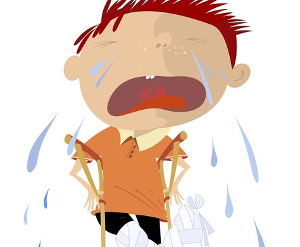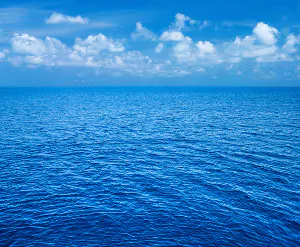The sea. Only the sea!
Father, why did you bring me
to the city?
Rafael Alberti, Marinero en Tierra (1924)
The sea. Only the sea!
Father, why did you bring me
to the city?
Rafael Alberti, Marinero en Tierra (1924)
In this post we explain the use of the masculine and feminine forms of «mar (sea), because they are not used in the same way and are not interchangeable. We also explain the importance of the sea in the Spanish language and culture. In just a few minutes you’ll learn words and colloquial expressions related to the sea.
This is because it comes from the Latin word mare, which was neither masculine nor feminine but neuter. As Spanish evolved, the word was preserved in two forms: masculine and feminine. However, the two forms are used differently.

https://www.high-endrolex.com/18

You can see that Rafael Alberti uses both genders in his poem: el mar of the city-dweller and la mar of the sailor.
Of course, it’s not surprising that the sea is important in Spanish culture. Spain has about 8,000 kilometres of coastline distributed among the peninsula, the Balearic islands, the Canaries, and Melilla and Ceuta. This is why fish and seafood are important in Spanish gastronomy.


